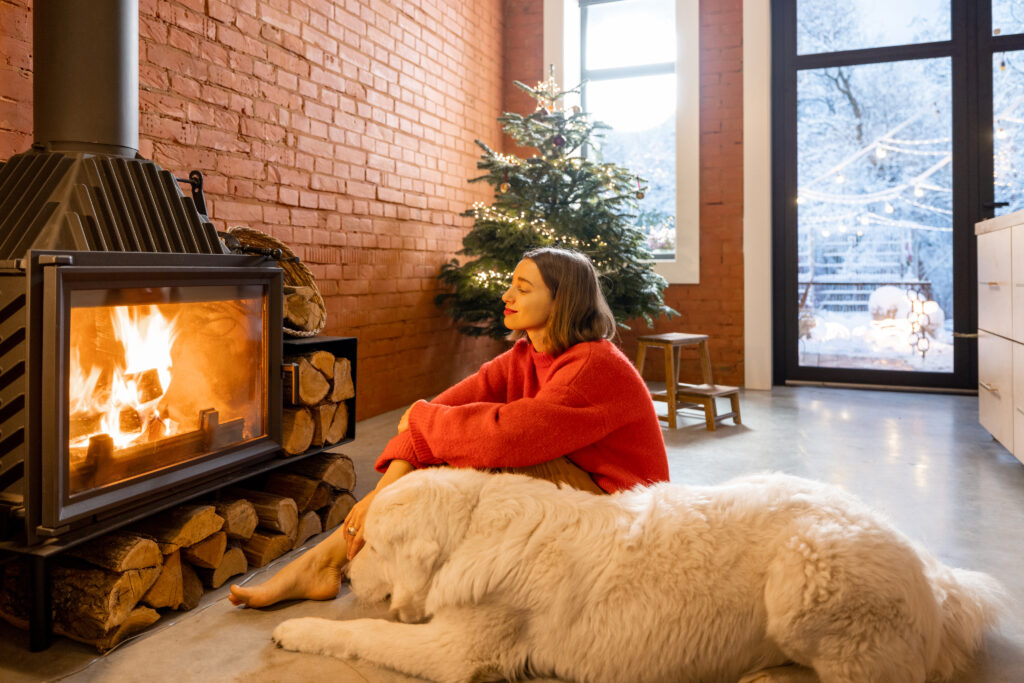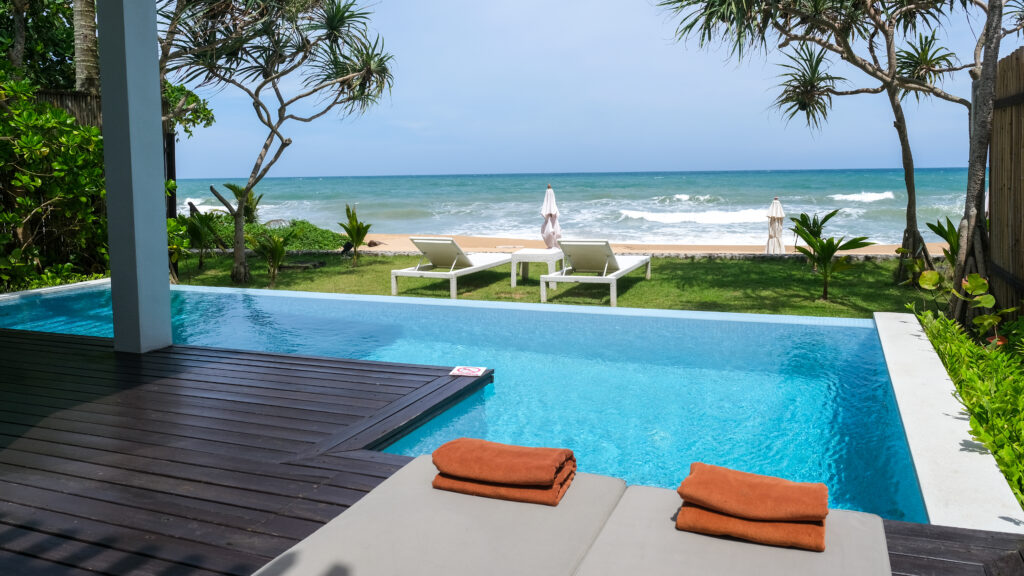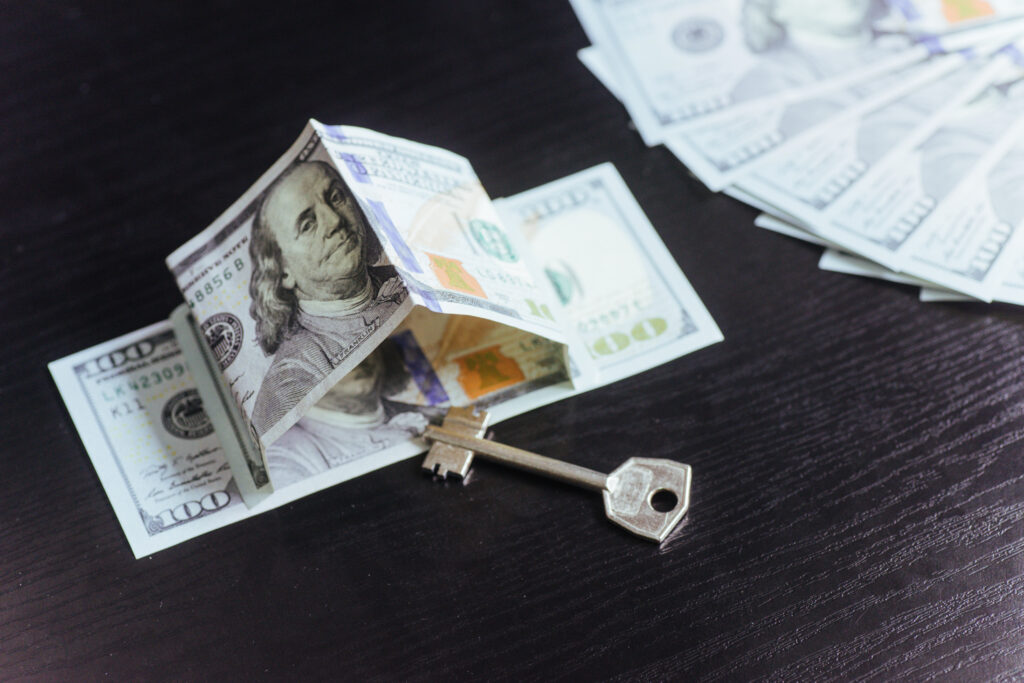Taking the Plunge: Factors to Consider When Purchasing a Second Home
Are you ready to take the plunge and purchase a second home? Purchasing a second home is a big decision and there are many factors to consider before making a commitment. Whether you’re buying a vacation property, or an investment opportunity, it’s important to be aware of the different costs, benefits, and risks associated with buying a second home. In this blog post, we’ll look at some tips for taking the plunge and purchasing a second home. So read on!
Why Buy a Second Home?

There are plenty of reasons why you might want to buy a second home.
Perhaps you’re looking for a vacation property to escape to on weekends and holidays, or maybe you’re interested in an investment opportunity that could potentially provide a steady stream of rental income. Whatever your motivations, owning a second home can be a great way to expand your real estate portfolio and create a comfortable and convenient retreat for yourself and your loved ones.
When considering a second home purchase, it’s important to do your research and carefully weigh the costs and benefits of ownership. From financing and maintenance to location and security, there are plenty of factors to consider when embarking on this exciting journey.
Whether you’re looking for a cozy beachfront cottage or a sleek urban condo, understanding the ins and outs of the real estate market can help you make informed decisions and find the perfect second home to suit your unique needs and goals.
So, let’s take a closer look at some key considerations to keep in mind as you navigate the world of second home ownership.
Factors to Consider When Purchasing a Second Home

Buying a second home is a big decision, and it’s important to consider all the factors that come into play.
Before you start searching for that perfect vacation home or investment opportunity, here are some things to keep in mind:
- Budget. How much can you afford to spend on a second home? You’ll need to consider not only the purchase price, but also ongoing expenses like property taxes, insurance, utilities, and maintenance.
- Location. Where do you want your second home to be? Do you prefer a beach house, a mountain cabin, or a city apartment? Think about how you’ll use the property and what kind of lifestyle you want to have there.
- Accessibility. How easy is it to get to your second home? Will you need to travel far to get there, or can you drive there in a few hours? Keep in mind that if you plan to rent out your property, it should be easily accessible for potential renters.
- Rental potential. Speaking of renting out your property, think about its rental potential. Is it in a popular vacation destination or an up-and-coming area? Is there demand for short-term rentals? Will you be able to cover your expenses with rental income?
- Resale value. Even if you don’t plan to sell your second home anytime soon, it’s still important to consider its resale value. Is the property in a desirable location? Is it well-maintained and updated? Will it hold its value over time?
- Lifestyle factors. Your second home should fit your lifestyle and preferences. Think about the activities and amenities you want to have nearby, such as restaurants, shopping, golf courses, or hiking trails.
- Maintenance and upkeep. Finally, don’t forget about the practical considerations of owning a second home. Who will take care of maintenance and repairs? Will you need to hire a property management company? Make sure you have a plan in place for keeping your second home in good condition.
By considering these factors, you’ll be better prepared to make an informed decision when buying a second home. Whether you’re looking for a vacation property or an investment opportunity, taking the time to do your research and weigh your options will help you find the perfect second home for you.
Vacation Properties: What to Look for and How to Choose

Purchasing a vacation property can be an exciting and rewarding investment, but it’s important to make an informed decision to ensure it’s the right fit for you and your family.
Here are some factors to consider when looking for and choosing a vacation property:
- Location. Do you prefer a beachfront property or a mountain cabin? Are you looking for a property in a specific region or state? Consider the proximity to attractions and activities, as well as transportation options for getting there.
- Property Size. Determine the ideal size for your vacation property based on your family’s needs and preferences. Do you need multiple bedrooms for guests? Is a small condo sufficient?
- Amenities. Think about the features you desire in a vacation property. Do you need a pool, hot tub, or access to a golf course? Make a list of “must-haves” and “nice-to-haves” to narrow down your search.
- Rental Potential. Consider the potential for renting out your vacation property when you’re not using it. A popular vacation spot with high demand may offer an opportunity to generate rental income and offset expenses.
- Maintenance Costs. Keep in mind that owning a vacation property requires ongoing maintenance and repairs. Factor in the costs of upkeep and hire a property management company to handle these tasks if needed.
When choosing a vacation property, take your time to thoroughly research and consider your options. It’s important to choose a property that not only fits your current needs but also has the potential to appreciate in value over time.
With careful planning and consideration, purchasing a vacation property can provide years of enjoyment and financial benefits.
Investment Opportunities: Location, Location, Location

Purchasing a second home can be a smart financial decision if you choose the right location. Location is a key factor to consider when searching for a second home for investment purposes. Ideally, you want to choose a location that is attractive to both renters and potential buyers.
When evaluating locations, it’s important to consider the following factors:
- Proximity to tourist attractions. Locations that are close to popular tourist attractions, such as beaches, theme parks, or cultural landmarks, can be very attractive to renters. Properties in these areas may also appreciate in value over time, making them a good long-term investment.
- Quality of the neighborhood. It’s important to choose a location that is in a desirable neighborhood, with good schools, low crime rates, and plenty of amenities, such as shopping, dining, and entertainment.
- Climate. The climate of the location should be a consideration, as it can affect the rental potential and resale value of the property. A warm, sunny location may be more desirable than a cold, rainy one.
- Accessibility. The location should be easily accessible by car, plane, or train, making it convenient for renters and buyers.
- Future development plans. Research any planned development in the area, as this could affect the property’s value over time. If there are plans for new infrastructure or attractions, it could be a good investment opportunity.
In addition to these factors, it’s important to work with a knowledgeable real estate agent who can help you evaluate the potential rental income and resale value of a property in a specific location. They can also help you negotiate a fair price and guide you through the purchase process.
Investing in a second home can be a great way to diversify your portfolio and potentially earn rental income or a profit from resale. By choosing the right location, you can increase your chances of a successful investment.
Financing Your Second Home: Options to Consider

Buying a second home can be a big investment, but there are several options to consider when it comes to financing it.
- Cash. If you have enough savings, you can pay for the property outright without having to take out a mortgage. This may be a good option if you want to avoid interest payments or if you are able to invest your money elsewhere and earn a higher return.
- Mortgage. Most people finance their second homes with a mortgage. Depending on your credit score and financial history, you may qualify for a lower interest rate than your primary home. Keep in mind that you will likely need to make a down payment of 20% or more and may need to provide additional documentation, such as proof of rental income or savings.
- Home Equity Loan or Line of Credit. If you have significant equity in your primary home, you may be able to take out a loan or line of credit against it to finance your second home. This option allows you to tap into the value of your existing property without having to sell it.
- Owner Financing. In some cases, the seller of the second home may be willing to provide financing. This option allows you to bypass traditional lenders and negotiate your own terms with the seller.
No matter which financing option you choose, it’s important to work with a reputable lender and understand the terms and conditions of your loan. Make sure to consider not only the upfront costs, but also the ongoing expenses such as property taxes, insurance, and maintenance. With careful planning and smart financing, you can make your dream of owning a second home a reality.
Managing Your Second Home: Rentals, Maintenance, and Security

Congratulations, you’ve made the big decision to purchase a second home!
Now comes the fun part: managing it. Whether you plan on using it strictly for personal vacations or renting it out as an investment property, there are important factors to consider in order to protect and maintain your investment.
If you plan on renting out your second home, you’ll need to consider things like marketing, booking, and payment collection. There are many online platforms that make this process easier, such as Airbnb, HomeAway, and VRBO. However, you’ll also need to decide if you’ll hire a property management company or handle it yourself. This can involve screening guests, cleaning between stays, and handling repairs and maintenance issues.
Keeping your second home in good condition is essential to protect your investment. Depending on how often you use the property, you may need to schedule regular maintenance appointments or arrange for a property management company to take care of things for you. It’s also important to make sure you have insurance coverage for things like storm damage or theft.
If you’re not regularly at your second home, it’s important to make sure it’s secure when you’re not there. This can involve things like installing security cameras, hiring a security company to perform regular checks, or installing a smart home system that allows you to monitor and control the property remotely.
Ready to sell your property? Give us a call today and learn more about our professional photography services and marketing that can boost your property listing!
Plus, explore our virtual assistant coaching program to level up your business. Don’t forget to tune into our new podcast for even more valuable insights!
